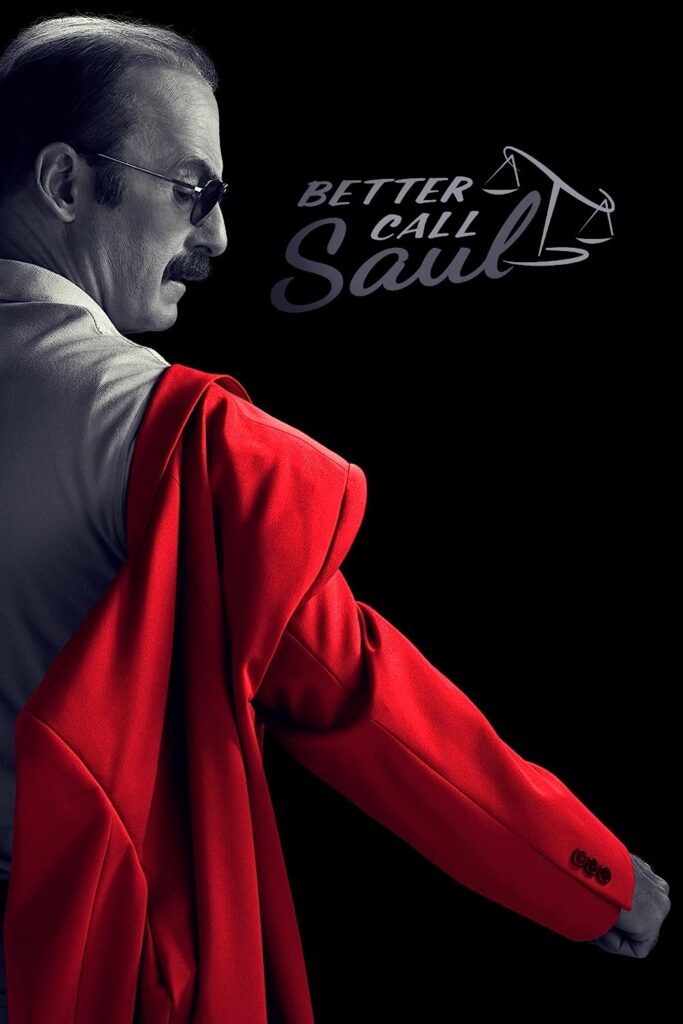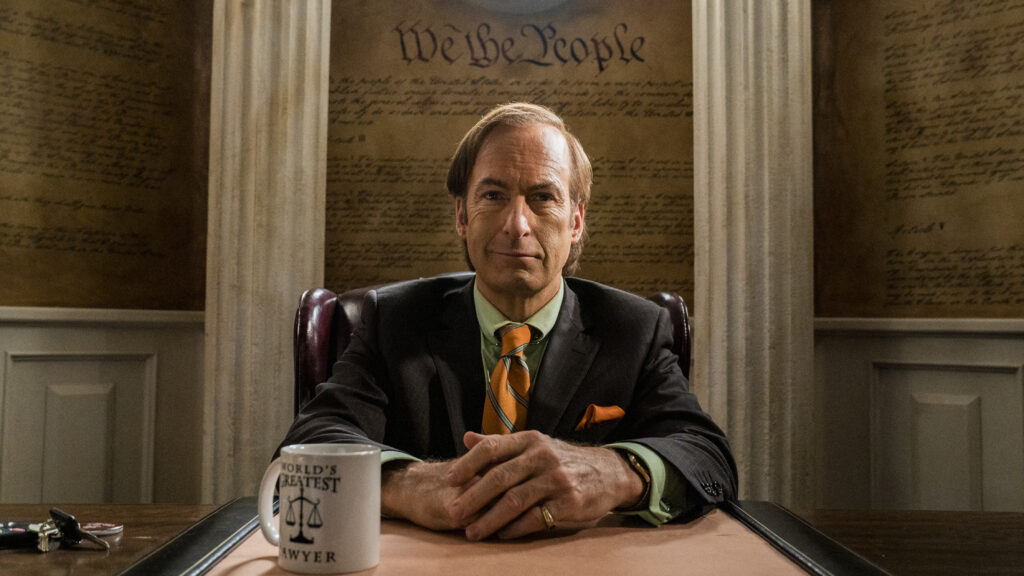Better Call Saul Christain Review

“Better Call Saul” is much more than it seems to people as a spin-off for the series “Breaking Bad”. In its place, it limns the deep moral labyrinth of transformation from Jimmy McGill into Saul Goodman. Located in Albuquerque, it ran the continuous struggle of Jimmy from a poor lawyer with an idealistic streak to the one taking shortcuts and bending and breaking the law.
The Struggles of Jimmy McGill
Fundamentally, “Better Call Saul” is a show that travels on Jimmy McGill’s moral compass. The odds are against him, from public defender to wrestling with his ambitions for success and recognition. The many convolutions his relationship adds with his brother Chuck brings to the mix, fighting a very serious illness and a very rigid sense of morality, adds layer after layer. Chuck is Jimmy’s conscience, always there to remind him of the high ethical ground he strives desperately to hold.
Themes of Integrity and Temptation
One identifies the influences of Christianity in the series—specifically themes of integrity and temptation. Jimmy is literally torn apart by some hard ethical choices that, all too often, are at odds with shortcuts for his own benefit. One can liken his journey to that of the Christian expression of how the battle between flesh and spirit plays out in real life, pointing out the results of ethical compromise.
Moral Dilemmas and Consequences
Throughout the course of the series, Jimmy finds himself in numerous ethical dilemmas challenging his moral compass. The lines between right and wrong start to blur while working with clients and adversaries. The show does not spare its audiences from the fallout of such unethical behavior, a parameter consistently delineated in Christian teachings concerning liability and retributive justice.

Character Dynamics and Emotional Depth
The character dynamics are paramount, especially those between Jimmy and Chuck. Chuck’s illness becomes emblematic of the spiritual sickness developed by those who lose their way from righteousness. His judgment on Jimmy’s actions reflects the scrutiny one might be exposed to within a community that was based on the values of Christianity.
Redemption and Personal Growth
Even amidst his depraved nature, Jimmy redeems himself at times when he works towards being a better person. His relationship with fellow lawyer Kim Wexler exposes his capacity for tenderness and sincerity, hence redeeming the Christian themes of forgiveness and transformation.
Cinematic Craftsmanship and Artistic Value
It is for this reason that “Better Call Saul” succeeds as a work of narrative and form regarding production. The cinematography captures the vast, breathtaking landscape of New Mexico, yet it pushes viewers head-first into the black and white coloration of legalese and crime. Bob Odenkirk as Jimmy McGill/Saul Goodman injects nuance and panache, which grounds this exploration on morality and identity.
Reflections on the Human Condition
More than anything else, “Better Call Saul” provokes self-reflection in viewers on human nature. While doing so, it raises questions about how our decisions are made, which turn to make us into what we are and motivate actions affecting the people around us. In Jimmy’s journey, one such question after another is asked of morals and justice concerning a flawed world.
Conclusion: A Thought-Provoking Exploration orthogonal
While “Better Call Saul” is interesting entertainment, it’s also a thought-provoking look into morality, redemption, and the human condition. In the portrayal, ethical dilemmas and personal struggles raise questions within more of the central human values of Christianity: integrity, compassion, and righteousness. As Jimmy McGill fumbles to navigate the complex law and morality system, he leads viewers to consider their way, choices, and paths according to timeless light.





